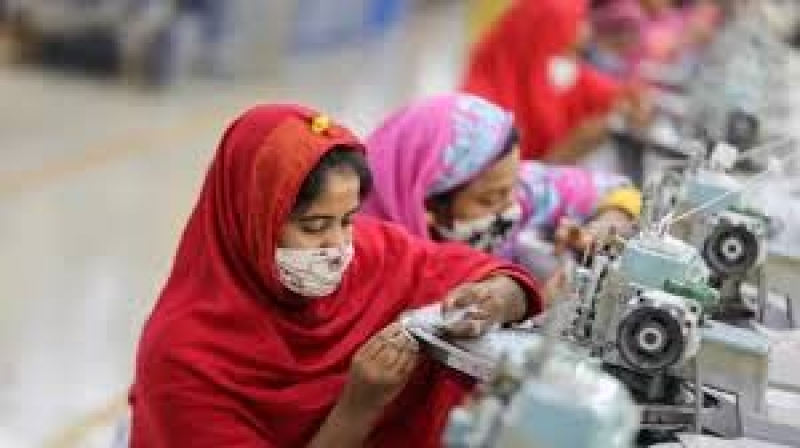- US to Exit 66 UN and Global Bodies Under New Policy Shift |
- LPG Supply Restored Nationwide After Traders End Strike |
- Stocks advance at both bourses; turnover improves |
- LCs surge for stable dollar, but settlement still sluggish |
- Recruiting agencies’ explosive growth in BD unchecked: RMMRU |
BD’s PMI Dips Slightly in Dec but Outlook Remains Positive

Bangladesh’s Purchasing Managers’ Index (PMI) for December 2024 experienced a slight dip, falling by 0.5 points from November, to a reading of 61.7. While this reflects a slower pace of economic expansion, the index still signals steady growth, indicating resilience in key sectors.
The PMI, a collaborative effort between the Metropolitan Chamber of Commerce and Industry (MCCI), Dhaka, and Policy Exchange Bangladesh (PEB), offers valuable insights into the nation’s economic health. Backed by the UK Government and with technical expertise from the Singapore Institute of Purchasing & Materials Management (SIPMM), the PMI serves as a crucial tool for businesses, investors, and policymakers seeking actionable data to navigate economic trends.
The slight decline in December’s PMI was primarily attributed to a deceleration in the agriculture and services sectors. However, the manufacturing sector showed stronger growth, while the construction industry returned to expansion.
Sectoral Insights:
Agriculture: The sector saw its third consecutive month of expansion, though at a slower pace. The new business index contracted, and the business activity index experienced slower growth. Despite these challenges, the employment index showed positive momentum, and input costs expanded at a faster rate. Order backlogs continued to contract, but at a slower pace.
Manufacturing: The manufacturing sector recorded its fourth consecutive month of expansion, accelerating across multiple metrics. New orders, exports, factory output, and supplier deliveries all saw faster growth. However, the finished goods index expanded at a slower rate, and employment levels contracted. Order backlogs also grew at a faster contraction rate, indicating ongoing challenges in supply chain management.
Construction: This sector saw a return to expansion, though it remained volatile. Both new business and construction activity indexes showed faster expansion, while employment growth slowed. The input costs index expanded, and order backlogs contracted more slowly, suggesting improved but still fragile conditions in the sector.
Services: The services sector posted its third month of expansion, but at a more gradual pace. Slower growth was recorded in new business, business activity, and employment indexes. Notably, the input costs index contracted for the first time, while order backlogs experienced faster growth, pointing to stronger future demand.
Future Outlook: Looking ahead, the future business index reflects optimism, with manufacturing, construction, and services all reporting stronger growth expectations. In contrast, agriculture is expected to expand at a more moderate pace.
Despite the slight dip in December’s PMI, the overall outlook for Bangladesh’s economy remains positive as it heads into 2025. The country’s key sectors continue to show expansion, and although challenges like political instability and fluctuating global conditions persist, the PMI suggests that economic resilience is strong.
With expansion in most sectors and a more stable business climate expected, Bangladesh’s economy seems poised for steady growth, despite underlying challenges.

